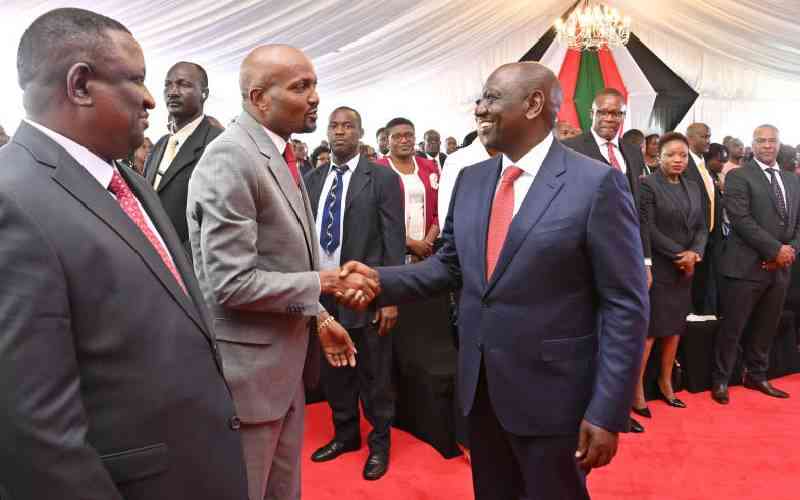
Trade CS Mose Kuria's bold statement to the effect that there were many things that were killing Kenyans and that GMOs would not really worsen the situation kicked up a storm with some people suggesting that it suggested the government was not concerned with the safety of Kenyans.
"Being in this country you are a candidate for death. And because there are many things competing for death, there is nothing wrong with adding GMOs to that list," Kuria said at Strathmore University Friday. "That is why we are deliberately allowing GMOs into this country."